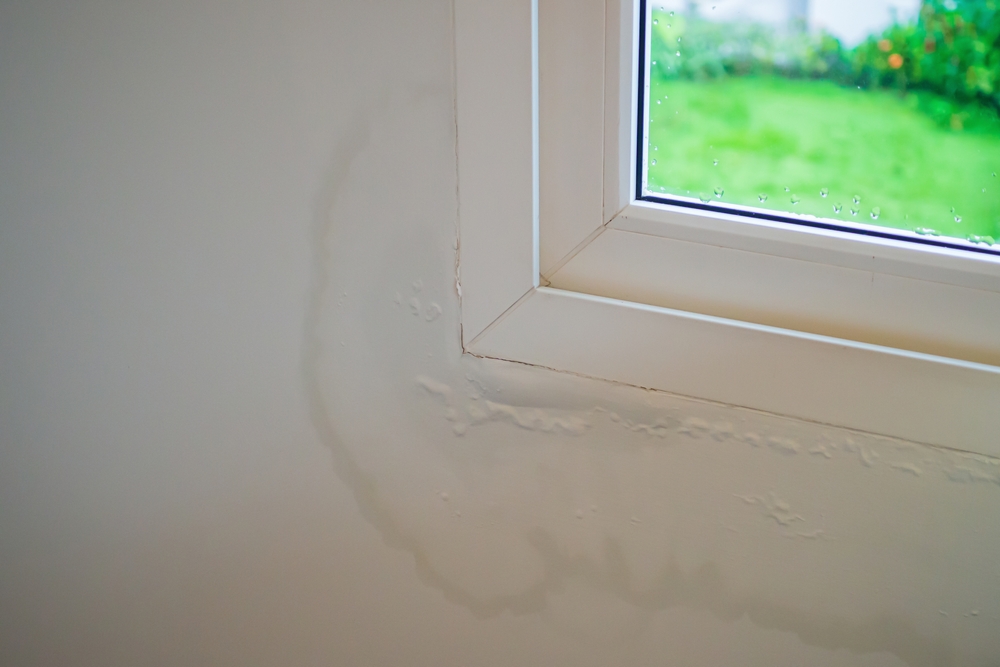
Dealing with Humidity: How to Keep Your Mabank Home Comfortable
May 29, 2024 4:41 pm Leave your thoughtsHumidity can significantly impact the comfort and livability of your home, especially in humid climates like Mabank, Texas. Excessive moisture in the air can lead to a host of problems, including mold growth, musty odors, and discomfort for occupants. Fortunately, there are several effective strategies for controlling humidity and maintaining indoor comfort in your Mabank home. In this article, we’ll explore the importance of humidity control, indoor comfort tips, and the effects of humidity on your HVAC system.
Understanding Humidity Control in Mabank
Mabank, located in the humid subtropical climate zone, experiences hot, humid summers and mild winters. During the summer months, humidity levels can soar, leading to sticky, uncomfortable conditions indoors. High humidity not only affects comfort but also can exacerbate allergies, asthma, and respiratory problems. In addition, excessive moisture in the air can promote mold and mildew growth, causing damage to your home and posing health risks to occupants. Effective humidity control is essential for maintaining a healthy and comfortable indoor environment in Mabank.
Indoor Comfort Tips for Mabank Residents
To keep your Mabank home comfortable and humidity levels in check, consider implementing the following tips:
1. Use a Dehumidifier
Invest in a high-quality dehumidifier to remove excess moisture from the air and maintain optimal humidity levels indoors. Place the dehumidifier in areas prone to high humidity, such as basements, bathrooms, and laundry rooms, to prevent mold growth and musty odors. Run the dehumidifier regularly, especially during the summer months, to keep humidity levels within the recommended range of 30-50%.
2. Proper Ventilation
Ensure adequate ventilation throughout your home to promote air circulation and reduce humidity levels. Open windows and doors when weather permits to allow fresh air to flow in and stale air to escape. Use exhaust fans in bathrooms and kitchens to remove moisture and odors generated during showers and cooking. Consider installing a whole-house ventilation system to maintain consistent indoor air quality and comfort.
3. Seal Air Leaks
Seal gaps, cracks, and openings around windows, doors, and ductwork to prevent warm, humid air from entering your home and causing humidity issues. Use weatherstripping, caulking, or foam insulation to seal air leaks and improve energy efficiency. Pay special attention to areas where air infiltration is common, such as around windows and doors, attic hatches, and electrical outlets.
4. Maintain Your HVAC System
Regular maintenance of your HVAC system is essential for optimal performance and humidity control. Schedule annual HVAC inspections and tune-ups to ensure that your system is clean, well-maintained, and operating efficiently. Replace air filters regularly to prevent dust, debris, and allergens from circulating in your home and impeding airflow. Consider upgrading to a high-efficiency HVAC system with advanced humidity control features for enhanced comfort and energy savings.
5. Monitor Indoor Humidity Levels
Use a hygrometer or humidity monitor to track indoor humidity levels and identify potential issues before they escalate. Aim for humidity levels between 30-50% for optimal comfort and air quality. If humidity levels consistently exceed this range, take corrective action to address underlying issues such as inadequate ventilation, air leaks, or malfunctioning HVAC equipment.
Effects of Humidity on Your HVAC System
Humidity can have a significant impact on the performance and efficiency of your HVAC system. High humidity can cause your air conditioner to work harder to remove moisture from the air, leading to increased energy consumption and higher utility bills. In addition, excessive moisture can promote mold and mildew growth within your HVAC system, compromising indoor air quality and causing unpleasant odors. Conversely, low humidity can cause dryness and discomfort, especially during the winter months, and may lead to issues such as static electricity and respiratory irritation.
Summary
Maintaining optimal humidity levels is essential for indoor comfort, air quality, and HVAC system performance in your Mabank home. By implementing humidity control strategies such as using a dehumidifier, ensuring proper ventilation, sealing air leaks, maintaining your HVAC system, and monitoring indoor humidity levels, you can create a healthy and comfortable indoor environment year-round. Don’t let humidity issues affect your quality of life—take proactive steps to keep your Mabank home comfortable and livable for you and your family.
Need a HVAC Technician in Mabank, TX?
Ken’s Comfort Zone Air Conditioning is proud to remain a family-owned and -operated business, providing residential clients and businesses alike with a complete range of central heating, air conditioning, and ventilation services, including service calls, repairs, and installations. We’re proud to have been awarded the Monitor Newspaper 2015 Ceder Creek Lake area Readers’ Choice Award for best air conditioning contractor. Additionally, we carry an A+ rating with the Better Business Bureau and are members of the local Chamber of Commerce and the NFIB. For your peace of mind, Ken’s Comfort Zone Air Conditioning is fully licensed, bonded, and insured. Call us today for all of your HVAC needs!
Categorised in: Humidity
This post was written by admin
